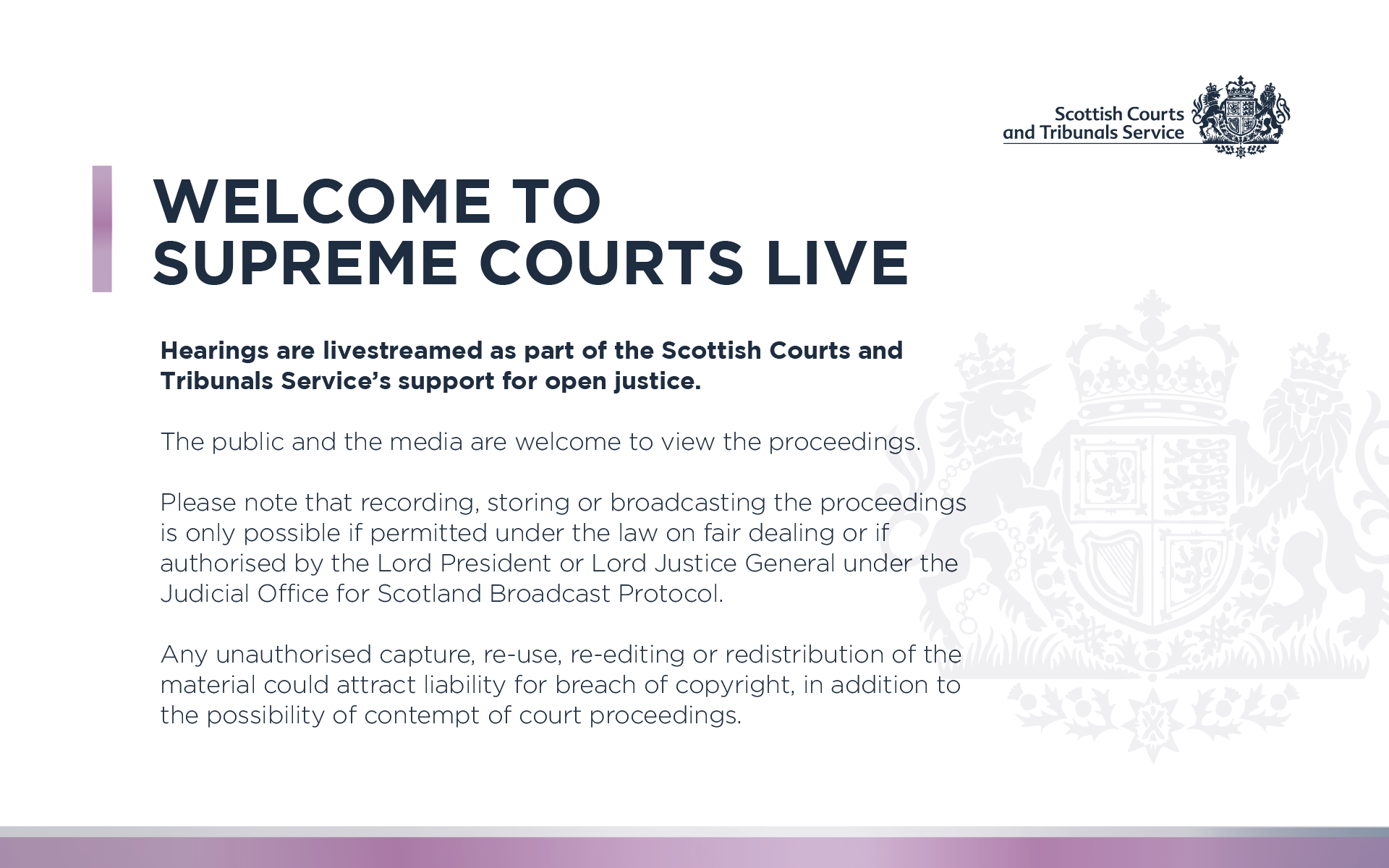Case description
This is a reclaiming motion (appeal) against the Lord Ordinary’s decision to refuse to dismiss the second defender’s counterclaim against the pursuer.
The second defender, ZLX Ltd, makes research and development tax claims on behalf of their clients. The first defender, Stephen McCallion, is the sole shareholder and director of ZLX. The pursuer, William Gray, was a contractor for ZLX, and made R&D tax rebate claims for ZLX’s clients.
ZLX worked for commission, charging clients a percentage of any money recovered from HMRC as a result of a successful R&D tax claim. Mr Gray was, in turn, paid a percentage of the profit resulting from any successful claims he processed for a client.
Mr Gray contends that the parties had agreed that 50% of the shares in ZLX would be transferred to him. In his action against the defenders, he seeks an order from the court compelling Mr McCallion to transfer the shares to him.
ZLX Ltd counterclaims against Mr Gray for payment of £1,016,052.97. They contend that this sum represents payments of commission and future commission which ZLX would have made had Mr Gray not made various mistakes (amounting to negligent breaches of his contract) when processing R&D claims on behalf of their clients. ZLX say that Mr Gray failed to take reasonable care in processing these claims and in doing so breached his contract with them, and the duty of care he owed to them.
At a hearing on the pleadings before the Lord Ordinary, Mr Gray challenged the competency of ZLX’s counterclaim. He argued that the counterclaim did not form part of, or arise out of, the same grounds of action as his claim against the defenders. He argued that the court did not need to determine the counterclaim in order to determine his own claim. Accordingly, he said that the counterclaim did not comply with the relevant rules of court (Rule 25.1(b) of the Court of Session Rules 1994) and was incompetent. In addition, he contended that the level of detail pleaded about how the amount counterclaimed for was quantified was insufficient, and that he had not been provided with fair notice of the claim against him. He asked the Lord Ordinary to dismiss the counterclaim.
The Lord Ordinary held that the counterclaim was competent in terms of Rule 25.1(1)(b)(i). He considered that Mr Gray’s claim and the counterclaim were related, as they both arose from the same business venture. He determined that it would be premature to dismiss it, and declined to do so. He also held that the details of the loss claimed in the counterclaim provided the pursuer with adequate notice of the claim. He allowed the parties to amend their pleadings.
Mr Gray appeals that decision. The First Division will hear the appeal on Thursday 4 July 2024.

